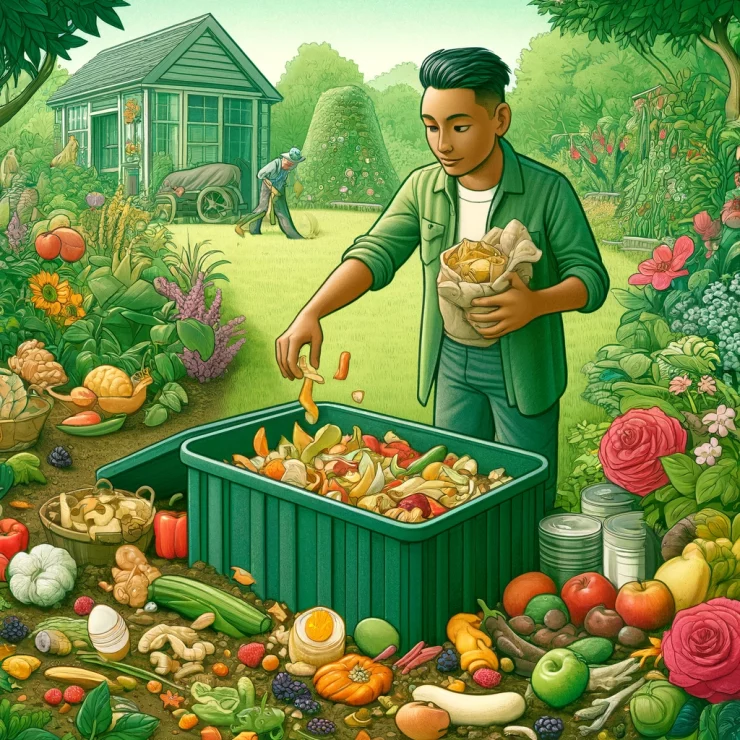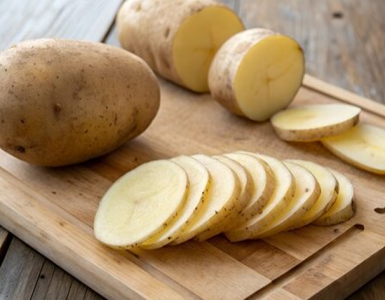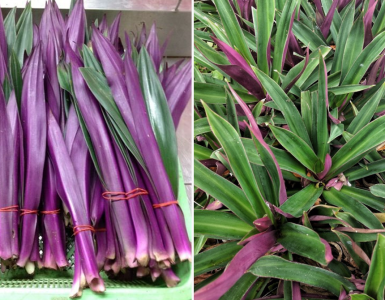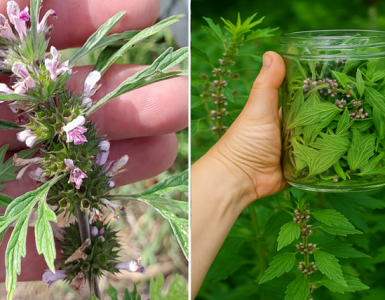In the battle against food waste, one often overlooked solution lies right in our own kitchens: food scraps. Instead of tossing them in the trash where they contribute to landfill waste and greenhouse gas emissions, why not repurpose them to enrich your garden soil and grow healthier plants? By adopting simple techniques, you can turn your kitchen leftovers into valuable resources for your garden. Let’s delve into some creative ways to make the most of your food scraps and nourish your garden in the process.
Composting:
Composting is perhaps the most popular and effective method for recycling food scraps into nutrient-rich soil amendment. By creating a compost pile or using a compost bin, you can harness the power of decomposition to transform kitchen waste into “black gold” for your garden. Fruit and vegetable scraps, coffee grounds, eggshells, and even shredded paper and cardboard can all be composted to create a nutrient-dense soil conditioner. As these materials break down, they release valuable nutrients that promote plant growth and improve soil structure.
Vermicomposting:
For those with limited outdoor space or living in urban environments, vermicomposting offers a compact and odor-free solution for recycling food scraps. Vermicomposting involves using worms, typically red wigglers, to break down organic matter into nutrient-rich worm castings. A vermicomposting bin can be kept indoors or on a balcony, making it accessible to apartment dwellers and city residents. Simply add your kitchen scraps to the bin, and let the worms do the work of converting them into fertilizer for your potted plants or small garden beds.
Direct Planting:
Certain food scraps can be directly planted in the soil to grow new plants, a process known as regrowing or propagating. For example, the tops of carrots, beets, and turnips can be planted to produce new greens, while the bottoms of celery and lettuce can regrow into fresh stalks or leaves. Similarly, seeds from tomatoes, peppers, and squash can be collected from kitchen scraps and planted to grow new vegetable plants. Not only does this reduce waste, but it also provides an endless supply of fresh produce right from your garden.
Mulching:
Food scraps can also be used as a natural mulch to suppress weeds, retain moisture, and enrich the soil in your garden beds. Chopped-up kitchen scraps such as fruit peels, vegetable trimmings, and coffee grounds can be spread directly on the soil surface around your plants. As these scraps decompose, they release nutrients into the soil, creating a fertile environment for plant roots to thrive. Additionally, the mulch layer helps to regulate soil temperature and reduce water evaporation, leading to healthier and more resilient plants.
Instead of viewing food scraps as waste, consider them as valuable resources that can benefit both your garden and the environment. Whether through composting, vermicomposting, direct planting, or mulching, there are numerous ways to repurpose kitchen leftovers to enrich your soil, reduce landfill waste, and grow healthier plants. By incorporating these practices into your gardening routine, you can take a proactive step towards sustainability while enjoying the bountiful harvests of your labor. So, the next time you’re tempted to throw out your food scraps, think twice and consider giving them a new life in your garden.






Add comment